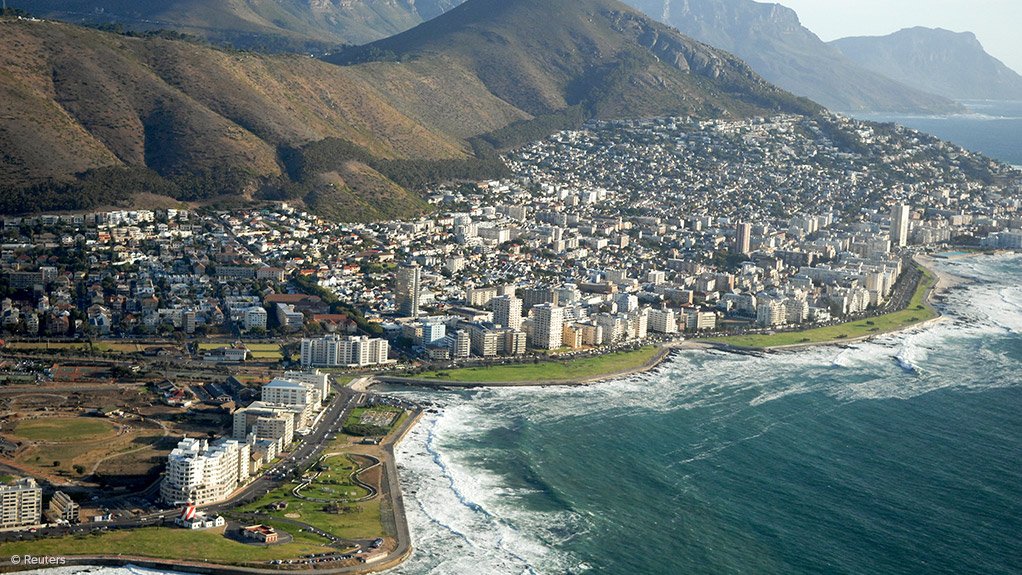The Western Cape provincial government has given the green light to the River Club redevelopment in Observatory, Cape Town which is expected to create over 6 000 direct jobs, the developers said on Friday.
The planned mixed-use development will be a significant boost to the economy and people of Cape Town in the aftermath of the national Covid-19 lockdown, with 5 239 jobs created during the construction phase, Jody Aufrichtig, trustee and spokesperson for developers the Liesbeek Leisure Properties Trust, said in a statement.
"This will provide a critical lifeline to the construction industry, which has seen the loss of more than 25 000 jobs this year, as a result of the economic recession, which has been exacerbated by Covid-19," Aufrichtig said.
"The project will also create more than 13 000 indirect and induced jobs. Further employment will be created by the tenants that will occupy the offices, residential and retail spaces that will form part of the development."
Aufrichtig said the project would also serve as a first-of-its-kind landmark in the city for the First Nations people -- a reference to the country's Khoi-Khoi and San communities -- to reclaim, memorialise and share their heritage with the greater public.
The planned Heritage Cultural and Media Centre would be operated by the First Nations people and would provide critical job opportunities to members of these communities, he said. The initiative follows extensive and constructive engagements with senior Khoi and San leaders comprising the First Nations collective.
The First Nations’ rich history will be further commemorated through the inclusion of symbols central to their narrative in the landscaping, architectural iconography and educational signage in the open spaces.
The project will also include an indigenous medicinal garden that will be planted, cultivated and used by the First Nations people, as well as a heritage-wco trail and garden amphitheatre for use by the community and the general public.
A large part of the development will consist of safe recreational public spaces including running and cycling pathways, public viewing areas and seating areas along the rehabilitated and clean riverbank. Twenty percent of the development will be allocated to residential use, of which one fifth will be dedicated to developer-subsidised inclusionary housing.
"In this tough economic climate, we look forward to delivering a development that presents many exciting opportunities for the people of Cape Town and the Western Cape," said Aufrichtig.
EMAIL THIS ARTICLE SAVE THIS ARTICLE
To subscribe email subscriptions@creamermedia.co.za or click here
To advertise email advertising@creamermedia.co.za or click here











